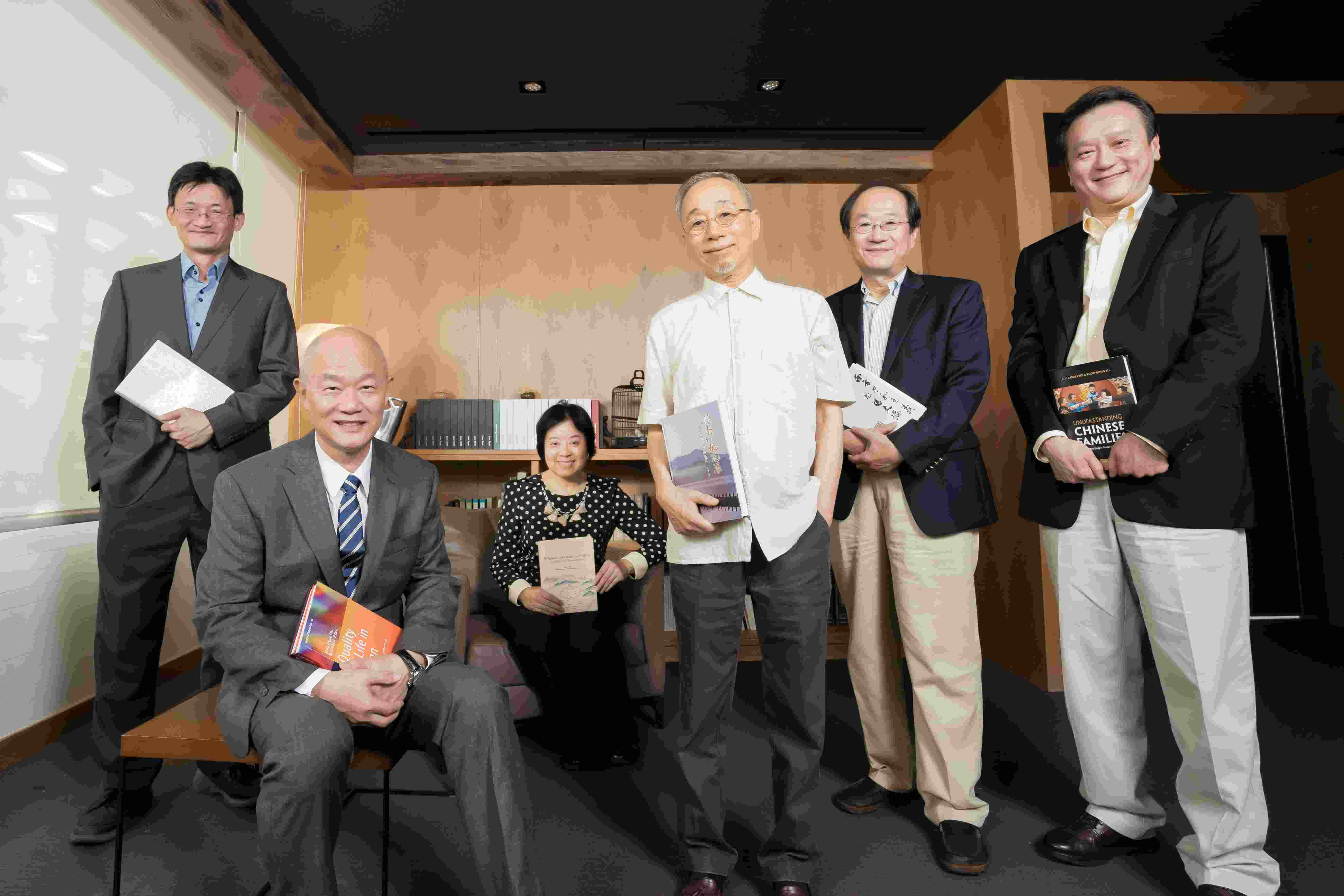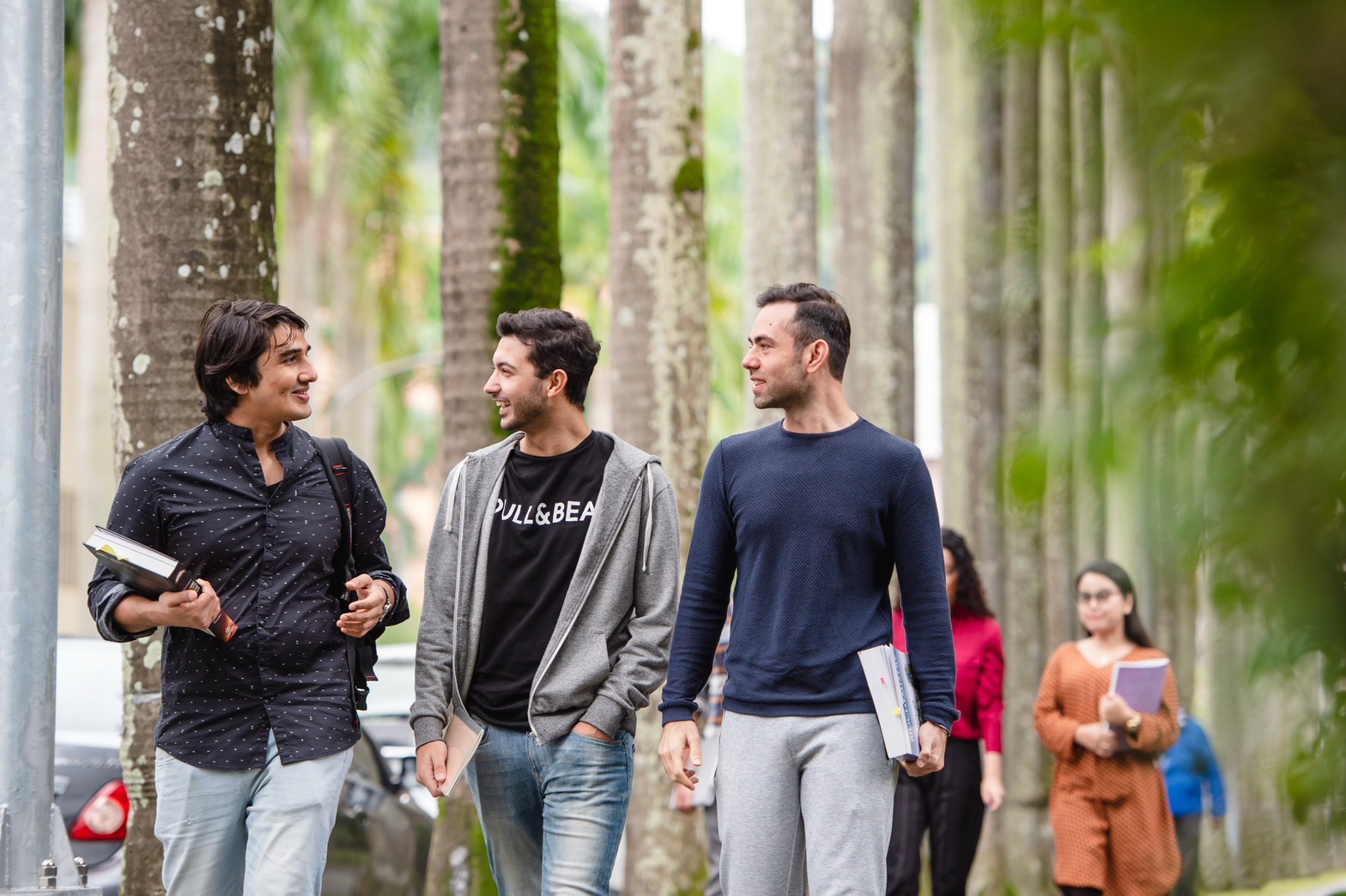- 演講或講座
- 民族學研究所
- 地點
中研院民族所2420會議室
- 演講人姓名
Dr. Jan Harm Schutte (Assistant Professor of Anthropology, Zhejiang University, P.R.C. And Associate Editor, Signs and Society)
- 活動狀態
確定
- 活動網址
Ecologies of Danger: Inter- and Intra-Subjective Spacetime in a Chinese Jiujitsu Scene
世界化中國研究群演講資訊
講題:Ecologies of Danger: Inter- and Intra-Subjective Spacetime in a Chinese Jiujitsu Scene
演講者:Dr. Jan Harm Schutte
Assistant Professor of Anthropology, Zhejiang University, P.R.C.Associate Editor, Signs and Society
時間:2025年6月20日上午10:00~12:00
地點:中研院民族所2420會議室
摘要
Situated in the Chinese competitive jiujitsu scene, this paper explores becoming dangerous as an emerging interpersonal ethics at the crossroads of modern masculine self-making and its struggle against both anomic infrastructures of digital enclosure; as well as those of techno-social alienation. The relationship between self and context – what might productively be understood as a co-textual ecology of personhood (Bateson 1972, Agha 2003, Carr 2011) – places a high degree of inter-personal contingency on the bounding of ritual space-times of encounter (Munn 1986, Goffman 1956) during training, drilling, and play in the jitsuverse: the chronotope of virtual participation (mass-mediated or otherwise) in relation to which jiujitsu practitioners orient their practices of self-cultivation. In researching this bounding of ritual space-time, I encountered an emerging controversy emerging within the wider jiujitsu pedagogical landscape: that between pedagogical ideologies of ‘the ecological approach’ – a ‘new and controversial’ instructional method focusing on an ‘immersive,’ and ‘unmediated’ acquisition of skills; versus a ‘traditional’ approach that emphasizes positional nomenclature and a linear instructional process from verbal, to drilling, to sparring. Through a recasting of this debate in competitive jiujitsu settings, I will explore some of the stakes of similar tensions between mediation and immediacy; form and feeling; as well as the ‘discursive’ and the ‘vital’ in several current, semiotically-attuned social science spaces of inquiry. Negotiating these persistent semiotic tensions, I explore an affinity between the ideas of Gregory Bateson, Alan Turing, and Kitaro Nishida in exploring the competitive jiujitsu-scene in China as a space of ‘modern(ist) self-making.’









 首頁
首頁

